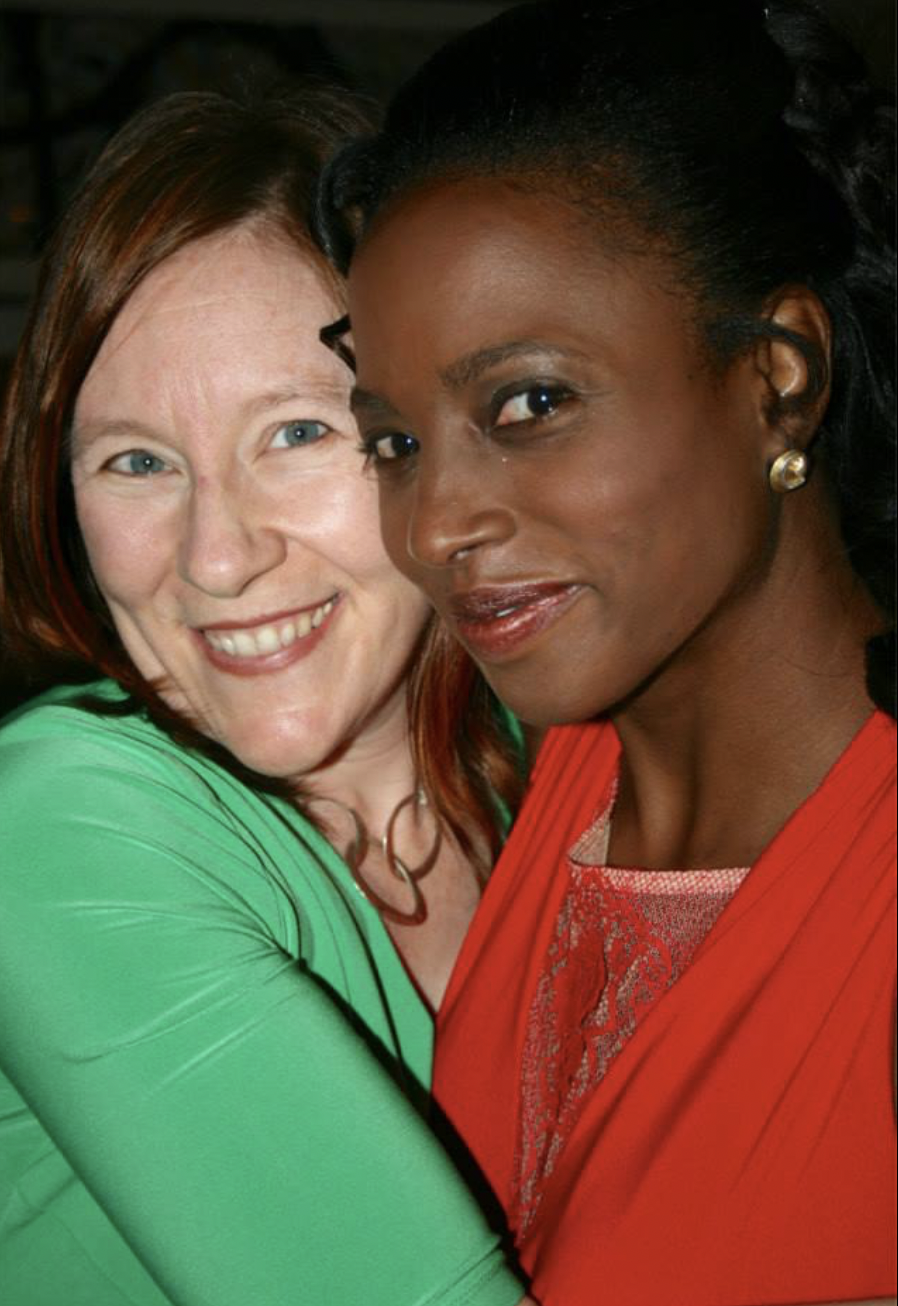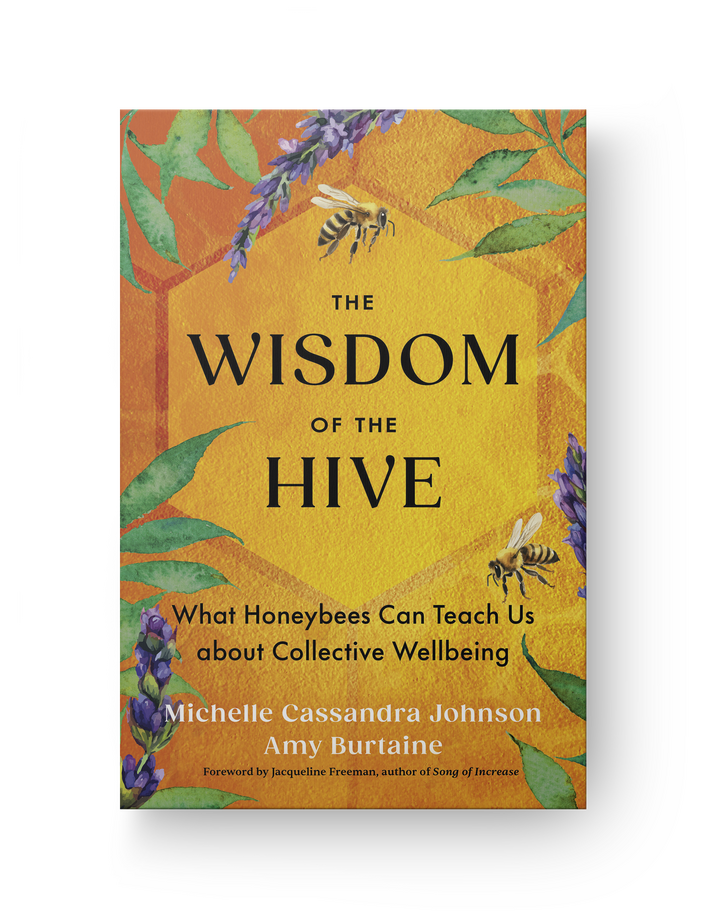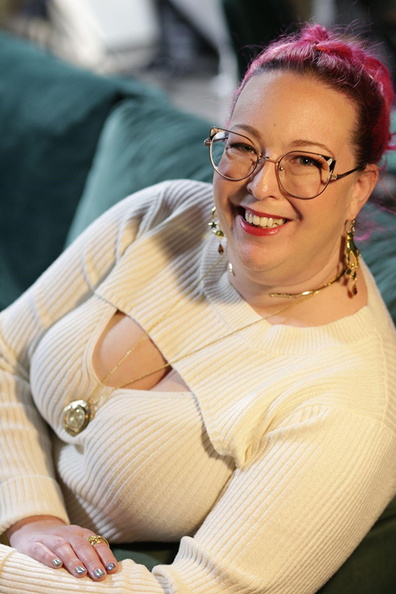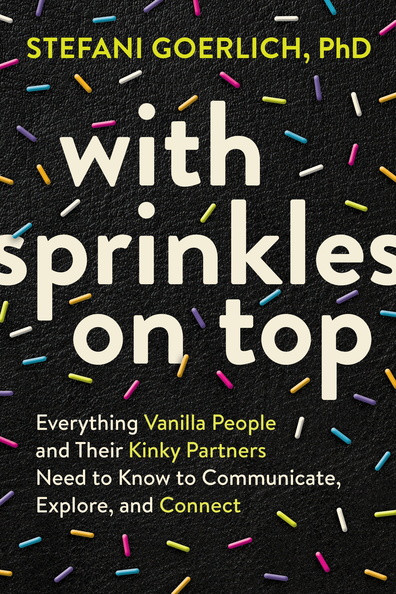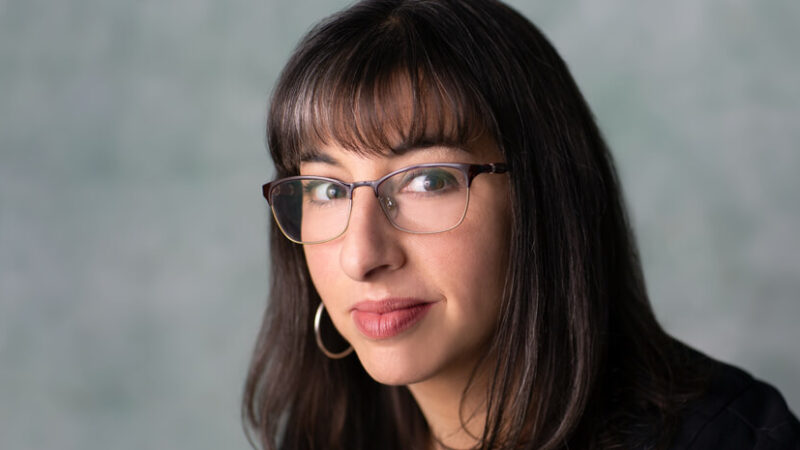
The “horizontal axis” of the soul is where we have stored many lessons and a great deal of energy that remains trapped and stagnant. It is this trapped energy that feeds our internal “demons” and the behaviors that plague us so much. But it doesn’t have to be this way.
With a framework of self-care, qi gong, and mental awareness practice, we can delve into the “darkness” of the shadow and start the alchemical process in full force. Finding the “lead,” which we will turn into “gold,” is easy—we simply need to discover the things that bother us the most in any given day and start with them. It may be a reaction to our spouse’s dilly-dallying or maybe the behavior of a certain coworker. Whatever it is that upsets us, chances are it isn’t anything new to us.
We start to create the spin in the bolstered energy fields of our attachments, and in doing so, our fields take on other similar issues. They fall into families of issues by topic and class.
We start with what Alfred Korzybski called “the original event,” and then we keep branching out and expanding from there, moving further and further into levels of “abstraction.” We get further away from the essential truth of the original event, and we start to create storylines for ourselves to make it okay. The more this goes on, the more energy we pump into this artificial field. The more energy we put in, the more it seems utterly impossible for us to penetrate this mutated, powerful field and face the truth. We create monsters out of undesirable events and we feed them until they own us.
So, here’s the way out. First and foremost, we have to stop the bleeding. This requires awareness of these patterns and forgiveness in the moment. We should be constantly scanning to see what mess we’re about to get involved in and stop it right there. Once we get the hang of it, we invariably find that we’re about to go down a very familiar road with a given subject. This is where the attention of the shen (the energy center housed in the heart) comes in. We have detected a given behavior or karmic action from an old theme, and we have recognized that we are about to go into some old trance behavior. What can we do?
We must first acknowledge this behavior and then, focusing on our heart, we must immediately go into forgiving whomever, whatever, and however anyone was involved. Far from the polarity consciousness of our reactive mind, the heart holds our personal connection with the primordial Tao. It is our true state of being, prior to the separation of yin and yang. Once we tap into this with the energy of forgiveness, we can hold it in our heart and consciously reclaim our power from this event or memory. We do this by understanding the fundamental split that took place in our mind and then pulling back the energy we deposited into the opposite pole.
For instance, say your father was abusive to you as a child and you are still harboring ill will toward him, even though he’s now a broken-down old man. The typical behavior you automatically default to when he calls is to get very short and cool with him. You could be out at the pool with the family having the perfect day, and then he calls. Your breath shortens, your pulse speeds up, and you are suddenly in a very different space. What’s the first thing to do? Recognize what it is that you’re doing right then. You are the one getting revved up, you are the one raising your blood pressure, and you are the one lowering your voice and going from smile to frown over this. So, what then? Stop it. Recognize the unconscious behavior and then stop it in that instant.
Now, yes, I understand that’s easier said than done, but that’s because there is such a massive charge around your relationship with your father. The energy is stored up like a balloon about to burst. But this is where you must change your typical behavior or else you’ll feed even more negative energy into your chapter of “father.” This is where you drop into your heart; forgive him for whatever he has done right there and then, and with the energy neutralized (in the moment), begin to see the pattern for what it is. Every time he comes up in your thought field, a whole slew of emotions race in and get you all fired up. But now, instead of channeling daggers into the aversion of your father, channel forgiveness to the man himself. Forgive him, forgive his behavior, forgive yourself, and forgive the situation. Thank him for the lessons he has given you and for the opportunity to be more loving. Understand that his behavior (whatever it was he did or still does) is a product of an imbalance. He was (is) acting out on his demons, and they, in turn, have infected you. Do not accept them! The only way you can get infected is if you buy into and then co-create that imbalanced energy yourself. A powerful thing to say in this instance is, “This is not my energy, these are not my demons, and I do not accept this into my field.”
Having withdrawn our energy from our typical patterns, we may now focus on the original split that created the charge around this field and apply our knowledge to actively target and mend that schism. Remember, all movement and life began with the split into yin and yang. Therefore, our polarization of the energy related to any given event is what gave it an initial charge and brought it to life. Our recognition of this allows us to withdraw our attention from this polarity and reunite the energy as a whole. We focus on the item in our mind’s eye and simply feel where we’ve been misdirecting all our energy. And remember, it’s our power, so it should be easy to find. Once we reclaim it, we can pull it back into our lower dantien (an energy center right below the navel) and then seal it in there mentally. From that point, we can watch the energy field of the original issue collapse, and then we can continue to forgive it until it is completely gone.
In the example of dealing with your dad, go back to the first time you recall him treating you that way and forgive that moment. Use the mental practice to trace around the timeline and clean and clear with forgiveness. You should be able to heal any particular issue within one to three times of following this practice. The more you pay attention and the more focused you remain, the quicker it’ll be done. If you catch yourself leaking more energy into the shadow when you think about a subject, simply trace your way back to the root of it again. Like the pull of gravity, follow the cord of energy flow back to the original event and confront it there. This is the quickest way to heal these attachments. They don’t want to live in the shadow; all discordant energy wants to return to the Source. Think of it like a homecoming—pull all your fragmented pieces back into yourself.
Excerpted from Inner Alchemy: The Urban Monk’s Guide to Happiness, Health, and Vitality by Pedram Shojai.
—————————————————————————————————————-

Pedram Shojai is a New York Times bestselling author, accomplished physician, Qi Gong master, and former Taoist monk. Perhaps best known as the Urban Monk, Shojai is a dynamic teacher who’s helped thousands of people create more time, energy, and passion with modern hacks for well-being. He is the author of the bestselling book The Urban Monk and is the creator of the Urban Monk Academy, podcast, and Mastermind program. His DVD series, The Alchemy of Qi Gong, received acclaim at the COVR awards. Shojai is currently involved in a number of philanthropic causes that revolve around public health, fair trade, and education. For more, visit theurbanmonk.com.

Buy your copy of Inner Alchemy at your favorite bookseller!
Sounds True | Amazon | Barnes & Noble | Indiebound







